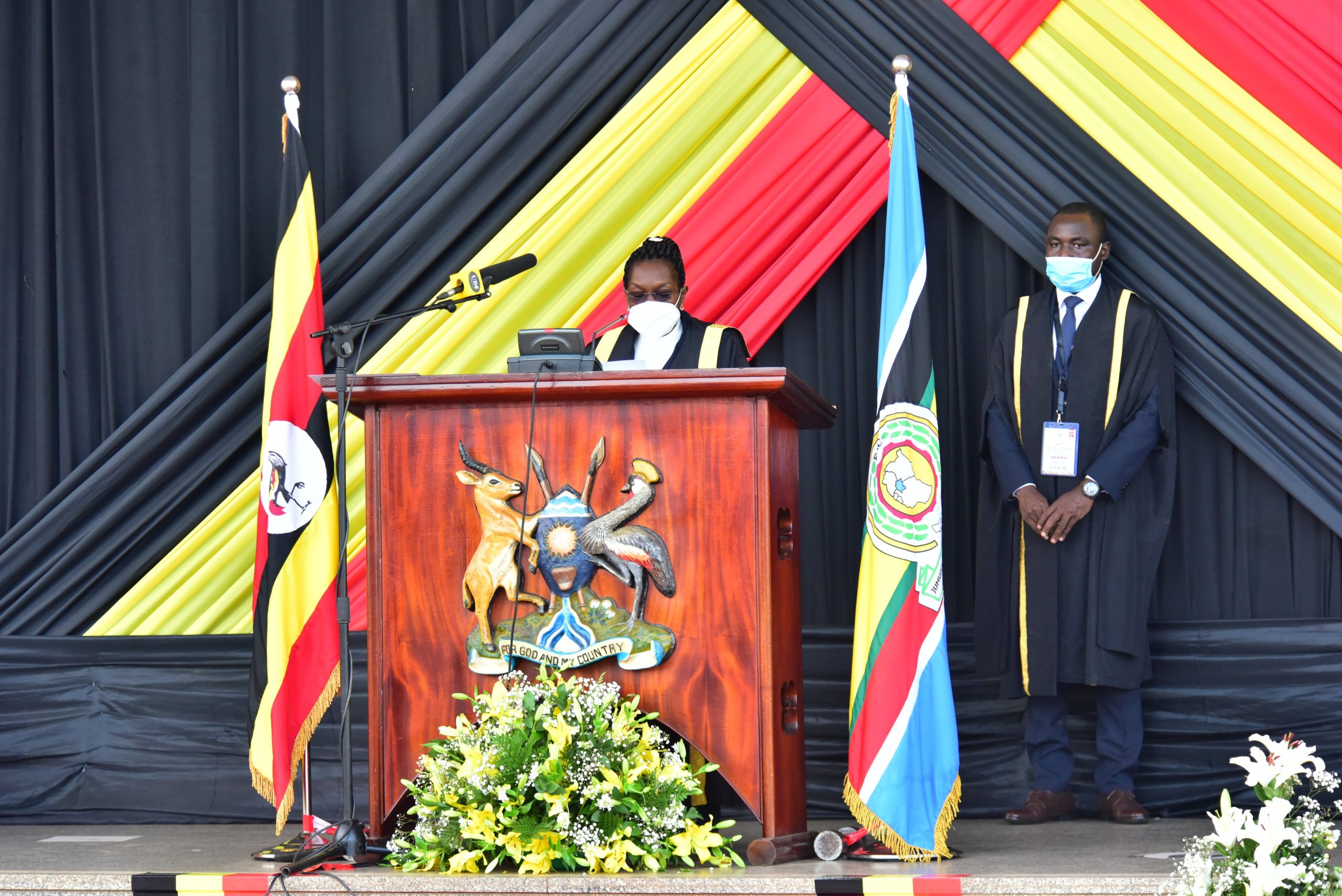#OutToLunch MPs could give their ‘maiden speeches’ in the languages they understand
By Denis Jjuuko
Sometime back, I was invited to an official meeting at a certain district’s headquarters. The room was full of officials from education and health departments. These were largely civil service officers with only one secretary of something, a councilor, being addressed as a Minister attending from the political side. Some people made presentations and the chairperson opened up the meeting for comments on the issues that had been raised by the presenters.
A few hands were raised and they made their comments. A few issues, nothing serious at all. Then, as the chairperson was about to close the meeting, somebody raised their hand. The person chose to speak in a local language.
All of a sudden, those who had kept quiet started raising their hands and making their contributions. Another two hours or so were spent debating. The speakers were animated and passionate about the issues they were raising and English was relegated to the back corner. I kept on wondering whether it was English stopping people from debating the issues they were now raising in their local language.
Two things happened in quick succession that reminded me of this district meeting. First, some people sat somewhere over some oversized snacks most likely samosas, tinned black powder disguised as coffee, and some milk and water branded as African tea and decided that Swahili is now an official language in Uganda. They even said kids must take compulsory lessons in school.
There is absolutely nothing wrong with people learning Swahili or whatever language they choose. Learning different languages is actually a good thing. But how many people actually speak it? How many teachers in Uganda can teach Swahili beyond the kamata, karibu and asante sana? Even in the Uganda military where Swahili enjoys some form of officialdom, many soldiers simply speak a word or two.
A friend who teaches at one of Uganda’s universities and works in broadcasting was once asked to get a Swahili news reader. She called the university’s Swahili lecturer who recommended his best student for the job. The candidate failed an oral Swahili interview! He only knew how to read and write it! Not to speak it! Strange things still happen.
Anyway, the second thing was about the Member of Parliament from my home town (or is it city?) of Masaka. Armed with a written text, she moved to the centre of parliament to give what the Deputy Speaker called her “maiden speech.” She couldn’t read coherently what was written on the paper she was holding. She couldn’t also pronounce certain words correctly. Was it stage flight? Maybe “maiden speeches” could be that tough!
I believe this MP campaigned for the job and she was considered worthy. Obviously, she campaigned in the language her constituents understand. And the language she too understands. After her “maiden speech” went viral on social media, I highly doubt she will ever speak again in parliament. She will become like the majority of her colleagues who simply sit and WhatsApp and wake up to vote for their party’s positions.
Had this been in Cape Town, with the MP representing one of those constituencies in South Africa, the honorable member would simply have walked to the dais, pressed a button and spoke in any of the republic’s 11 official languages. Those who don’t speak her language, would simply have ear plugged themselves to follow the proceedings through an interpreter.
So instead of some committee only going for Swahili as another official language, they could have chosen a few others languages as well, learning from the South African example. MPs wouldn’t be embarrassed to debate in a language they don’t understand. Some district officials would plan better for their communities.
Recommending indigenous languages as official languages wouldn’t make some regions or languages superior, it would give people options to fully understand and appreciate the issues at hand.
Some people argue that Swahili is the most dominant language in the region and understanding it would enable us trade better. Perhaps true but how many Ugandan traders who frequent to China speak Mandarin? They have never failed to get whatever they want because they don’t speak Madarin.
Trading starts at home. You can’t trade with Kenyans or Tanzanians before you get to understand the local market. Luganda for example is the dominant trade business in Uganda even outside Buganda. It can become an official language just like Runyakitara, Acholi, Ateso, and Lusoga among others. No MPs would be embarrassed while giving their “maiden speeches” thereby ensuring inclusive representation. Small time traders wouldn’t fear to bid for government jobs because they could present their proposals in a language they understand thereby leading to their growth.
The writer is a communication and visibility consultant. djjuuko@gmail.com










